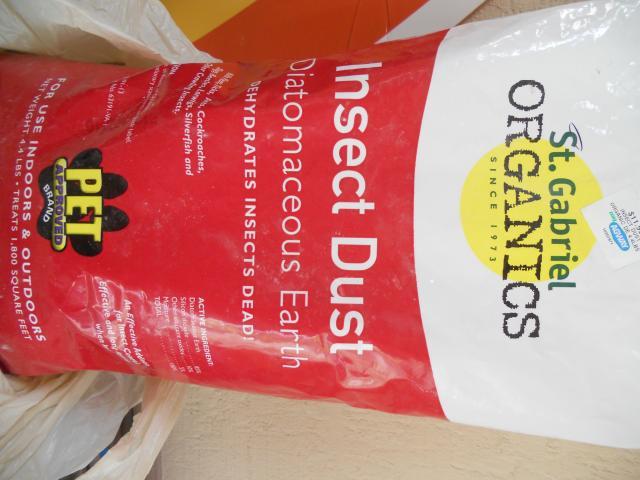The girl working at Agway said "This is safe, the ag (agricultural) lady from the state said to recommend it to our customers"
I said are you sure you can use it to mix with bedding in a chicken coop and their nests?
She said "Yes, because it is a 'Pet Approved' brand."

I said are you sure you can use it to mix with bedding in a chicken coop and their nests?
She said "Yes, because it is a 'Pet Approved' brand."

Last edited:





